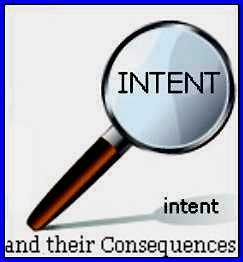WESA #7 – What Is WESA and the New Definition of Spouse
In one month’s time, significant changes will be introduced to the laws of Wills, Succession and Estates with several acts being repealed and rolled into one New Act called Wills, Estates , Succession Act (WESA)
When it comes into force, the WESA will repeal the Estate Administration Act, R.S.B.C. 1996, c. 122; the Probate Recognition Act, R.S.B.C. 1996, c. 376; the Wills Act, R.S.B.C. 1996, c. 489; and the Wills Variation Act, R.S.B.C. 1996, c. 490.
These four statutes are now consolidated in the WESA, with several substantial changes, some of which are described in this overview. The WESA repeals ss. 46, 49, 50, and 51 of the Law and Equity Act, R.S.B.C. 1996, c. 253, and deals with benefit plans in Part 5.
The WESA also repeals s. 2 of the Survivorship and Presumption of Death Act, R.S.B.C. 1996, c. 444 (and renames it the Presumption of Death Act) and sets out survivorship rules in Part 2, Division 2. There are consequential and related amendments to 41 other British Columbia statutes.
The Supreme Court Civil Rules (“Civil Rules”), which came into force on July 1, 2010, preserve (with minor changes) Supreme Court Rules 61 and 62 (the “Probate Rules”) in Civil Rules 21-4 and 21-5. The present Civil Rules 21-4 and 21-5 needed to be modernized and substantially amended to implement the WESA.
Definition of “Spouse”
Section 2 of the WESA addresses when a person is a spouse for the purpose of the Act.
The definition of spouse acknowledges both marriages and “marriage-like” relationships of at least two years, including relationships between persons of the same gender.
Notably, there is no longer any express reference to “co-habiting” in the definition. The relevant date for the purposes of calculating the two years is the date of death unless otherwise stated.
In addition to including a definition of when two persons are spouses, the WESA also includes a definition of when they are not spouses. Subsection 2(2) provides that two persons cease being spouses in the case of marriage:
(1) when they live separate and apart for at least two years and one or both have the intention formed before or during separation to live separate and apart permanently; or
(2) when an event occurs that causes an interest in family property under the Family Law Act, S.B.C. 2011, c. 25, to arise.
Likewise, in the case of a common-law relationship, the spousal status ends when one or both persons terminate the relationship.
The deemed termination of a legal marriage after a two-year separation with only one party’s intent to live separate and apart has several effects, the most significant of which are the loss of a married spouse’s right to vary a will under the wills variation provisions and the lengthening of the separation required before a legally married spouse will lose rights on intestacy.




